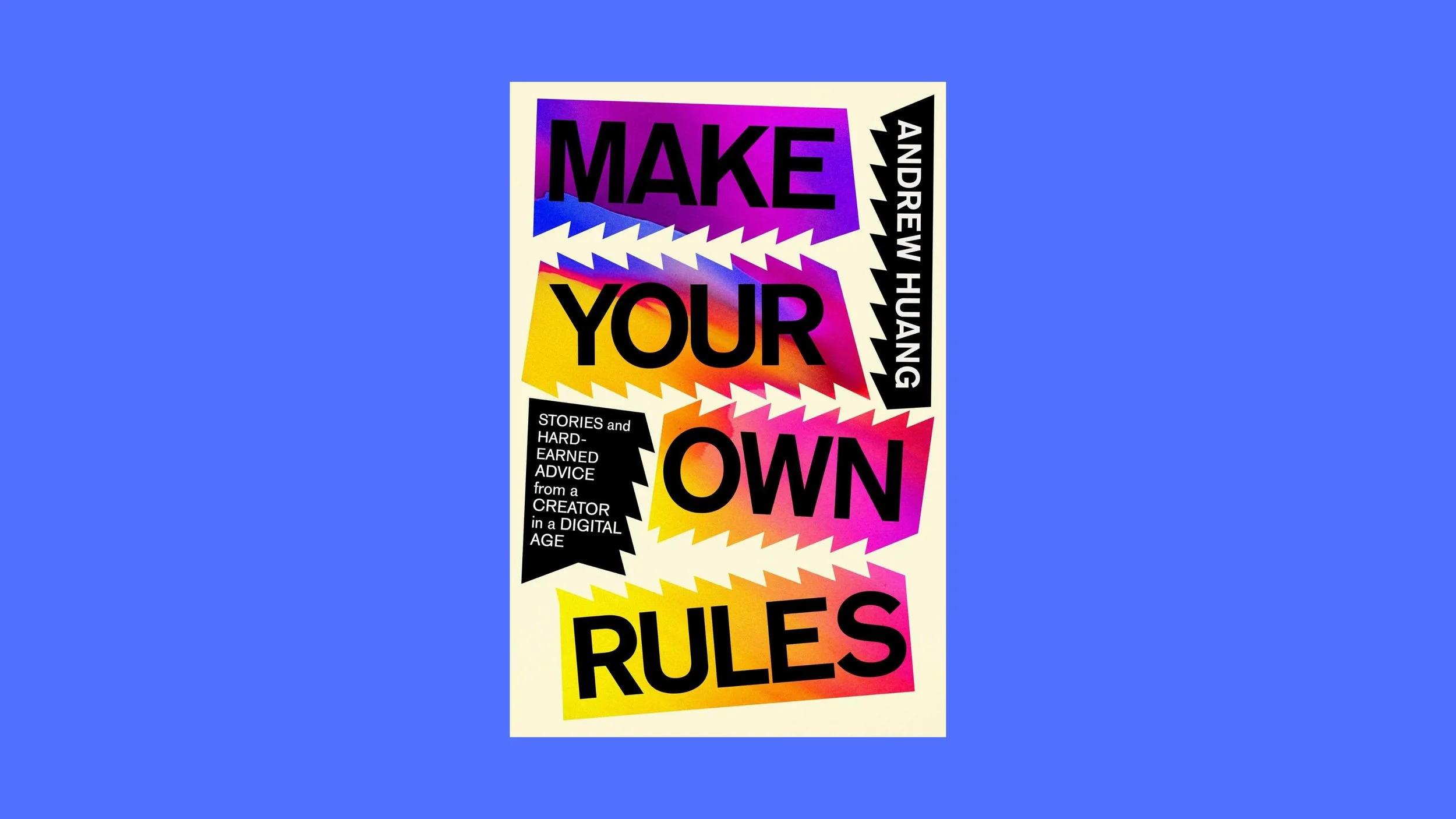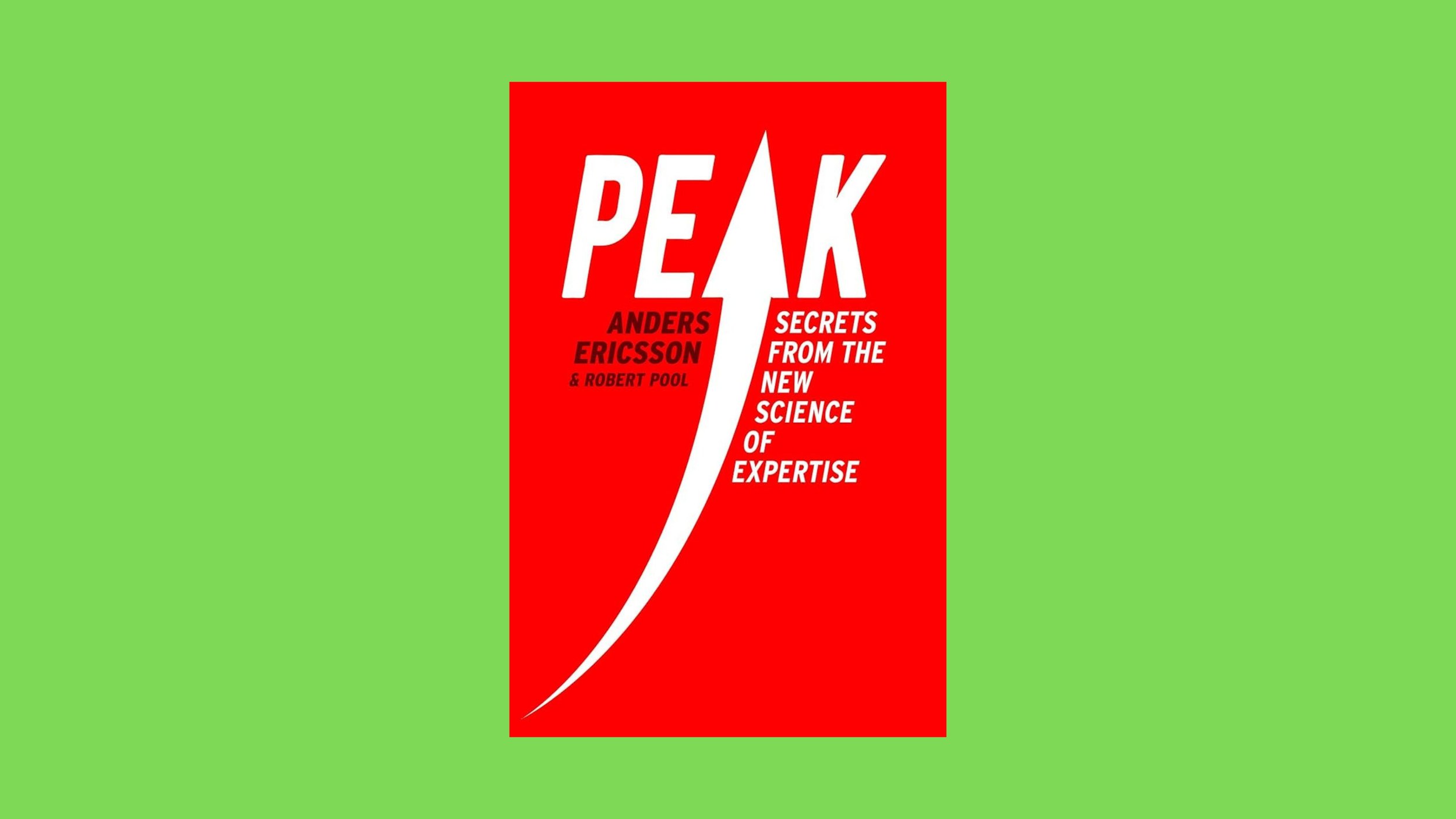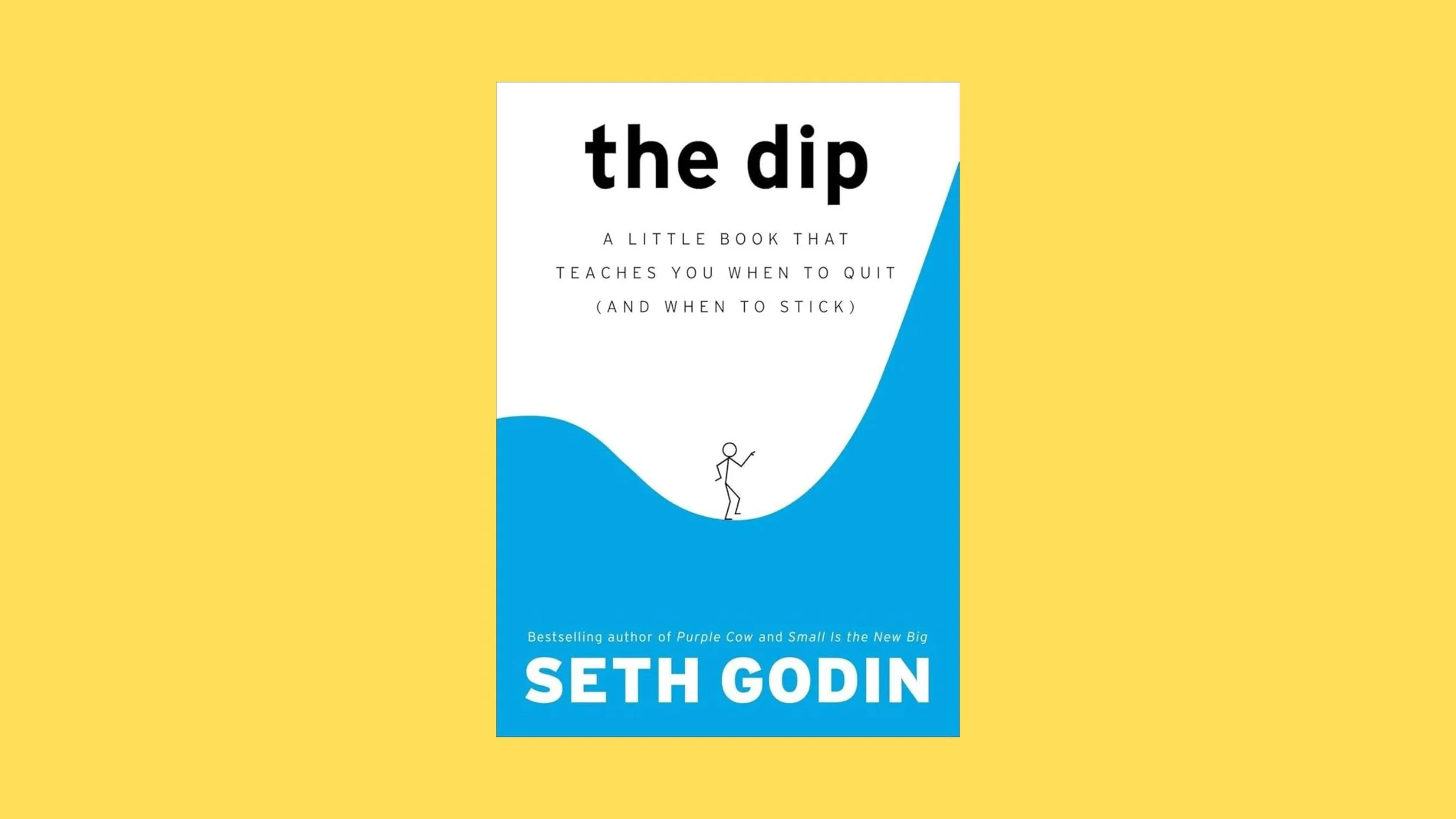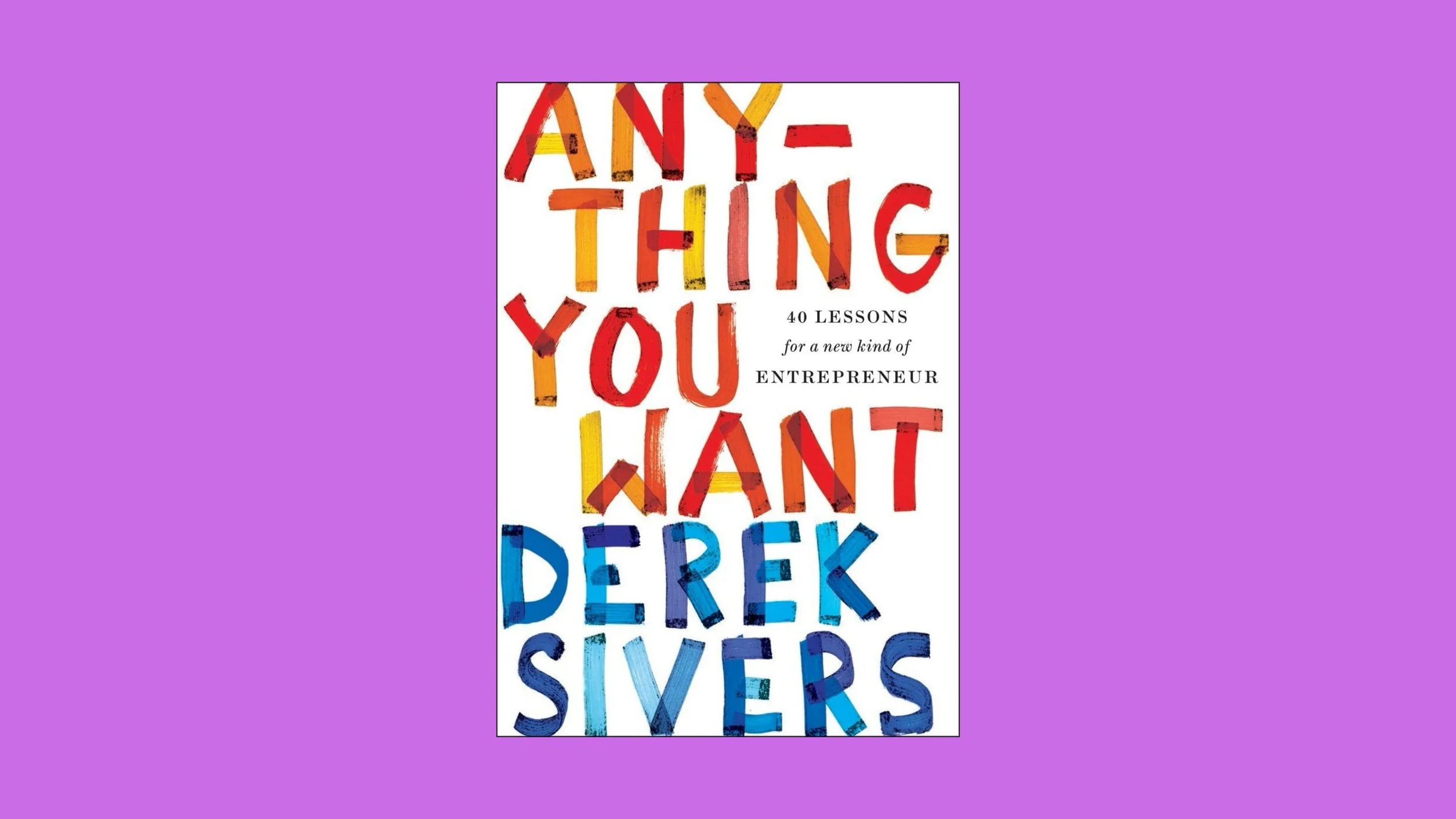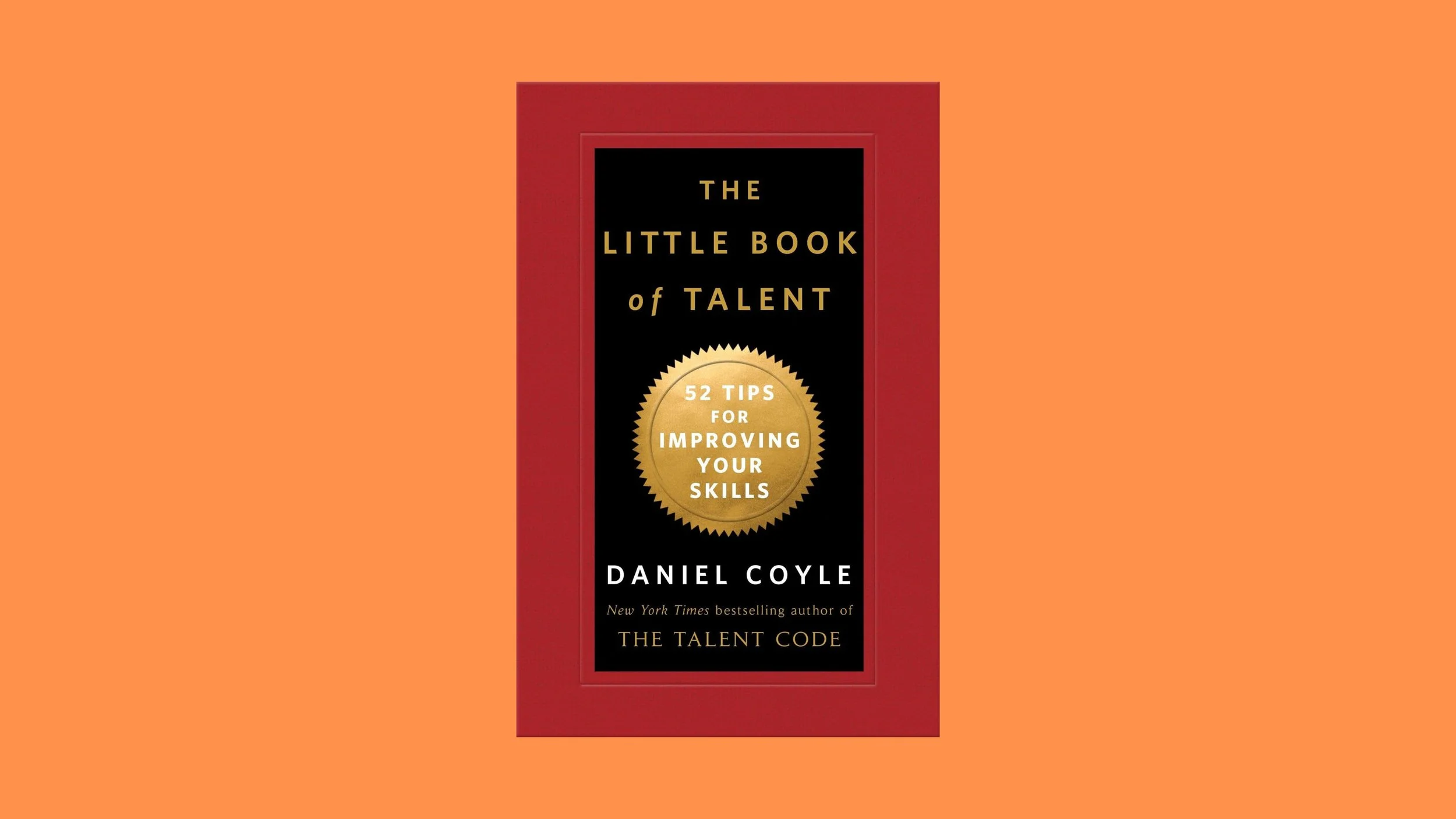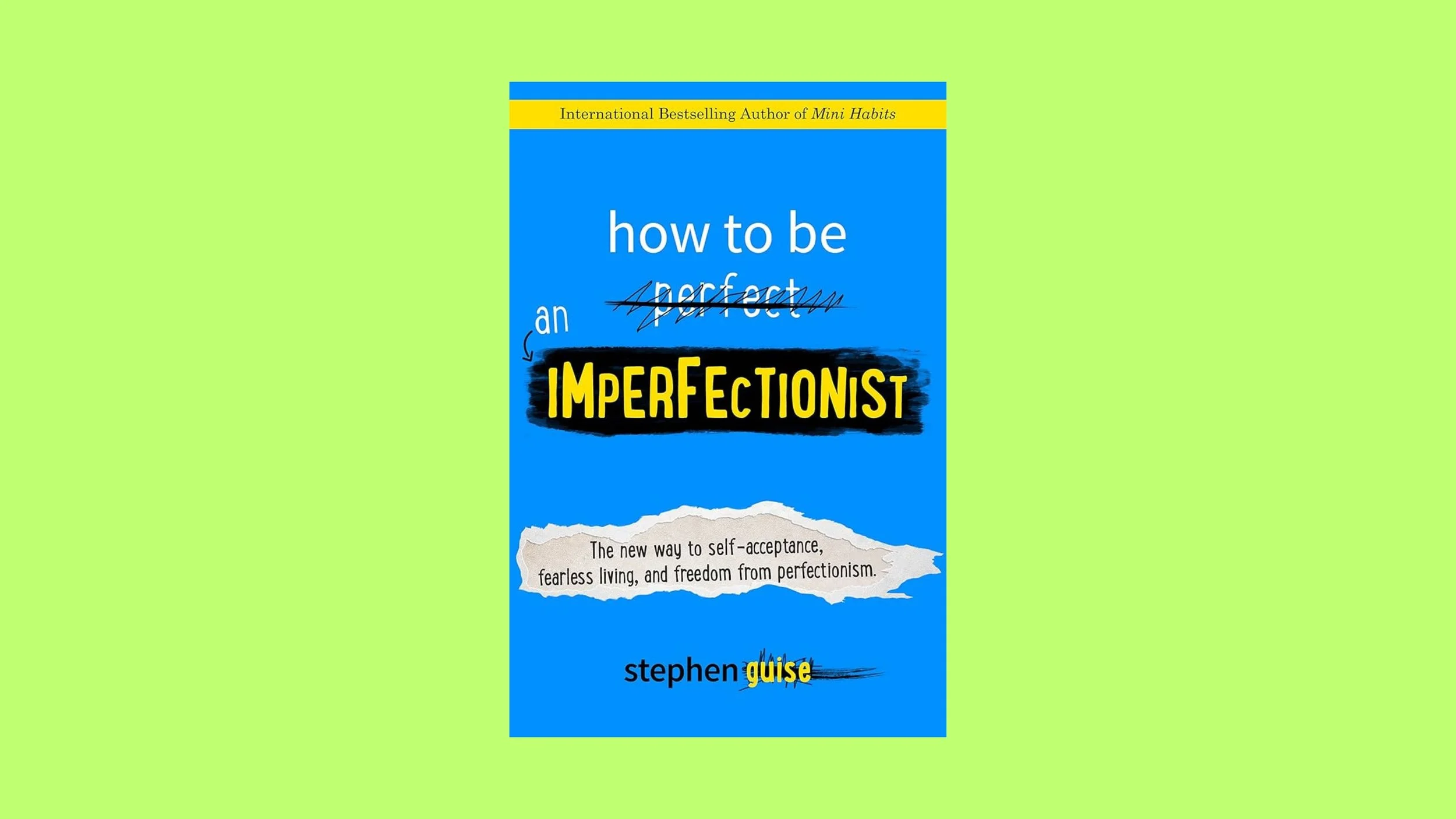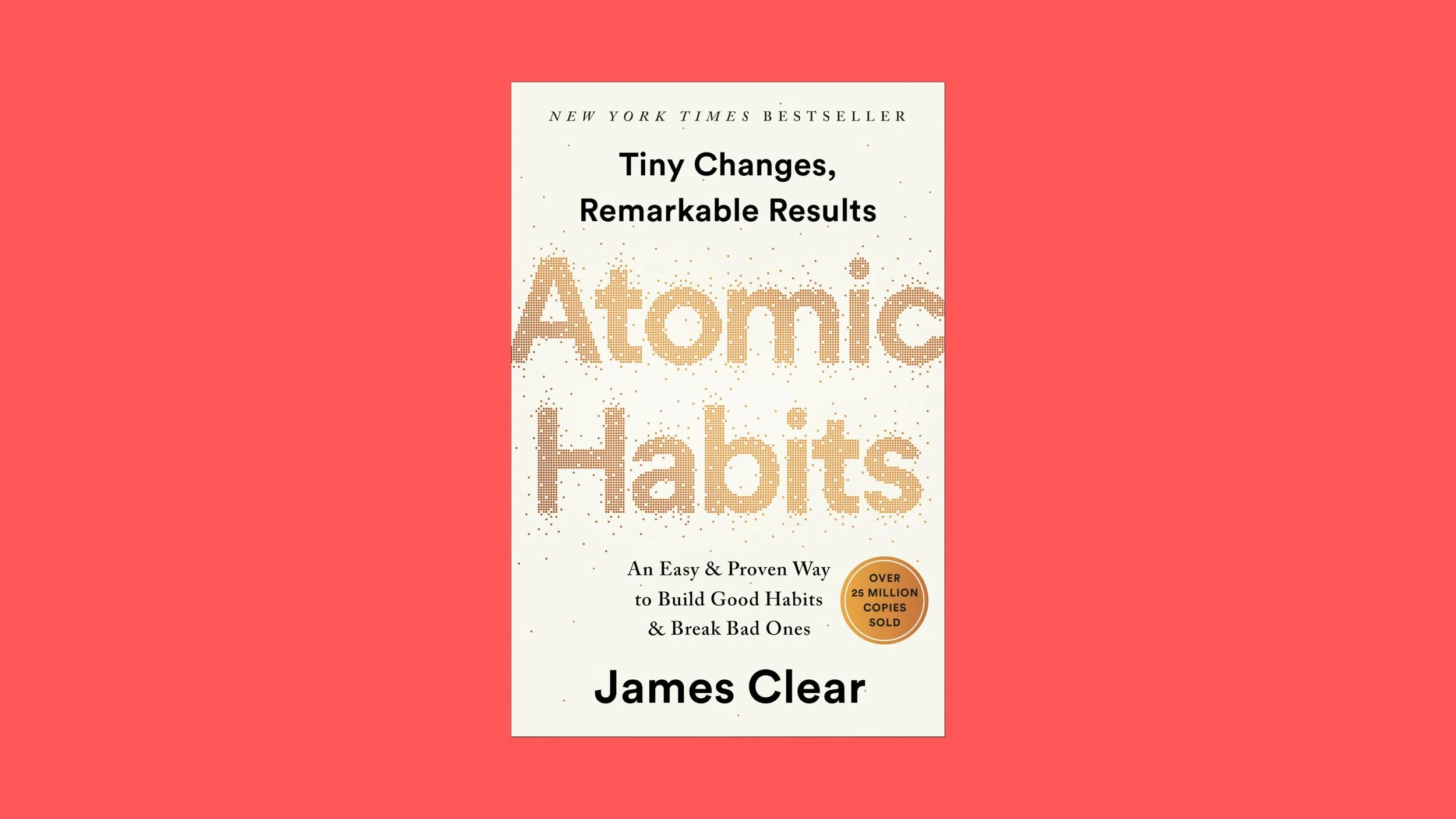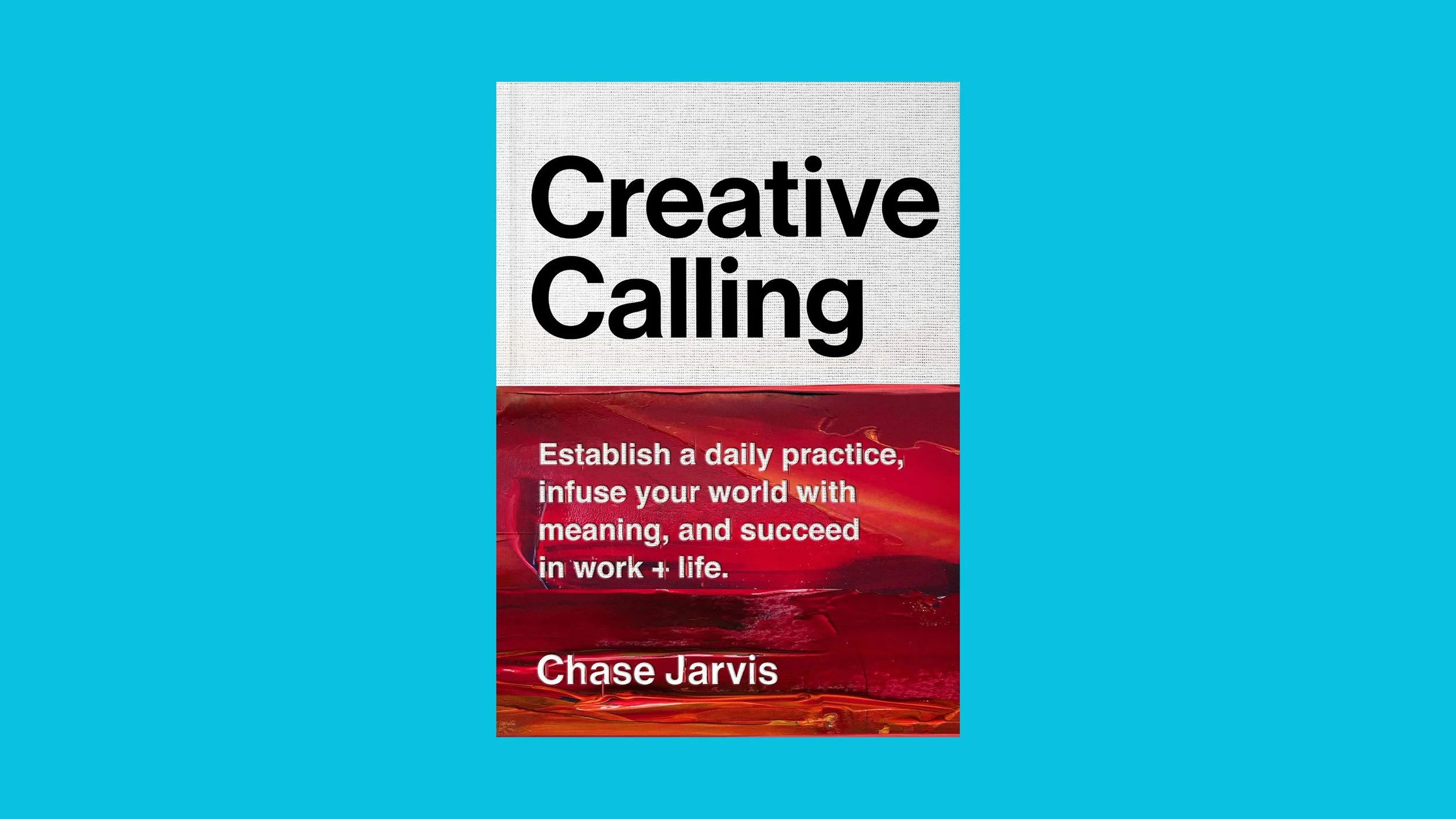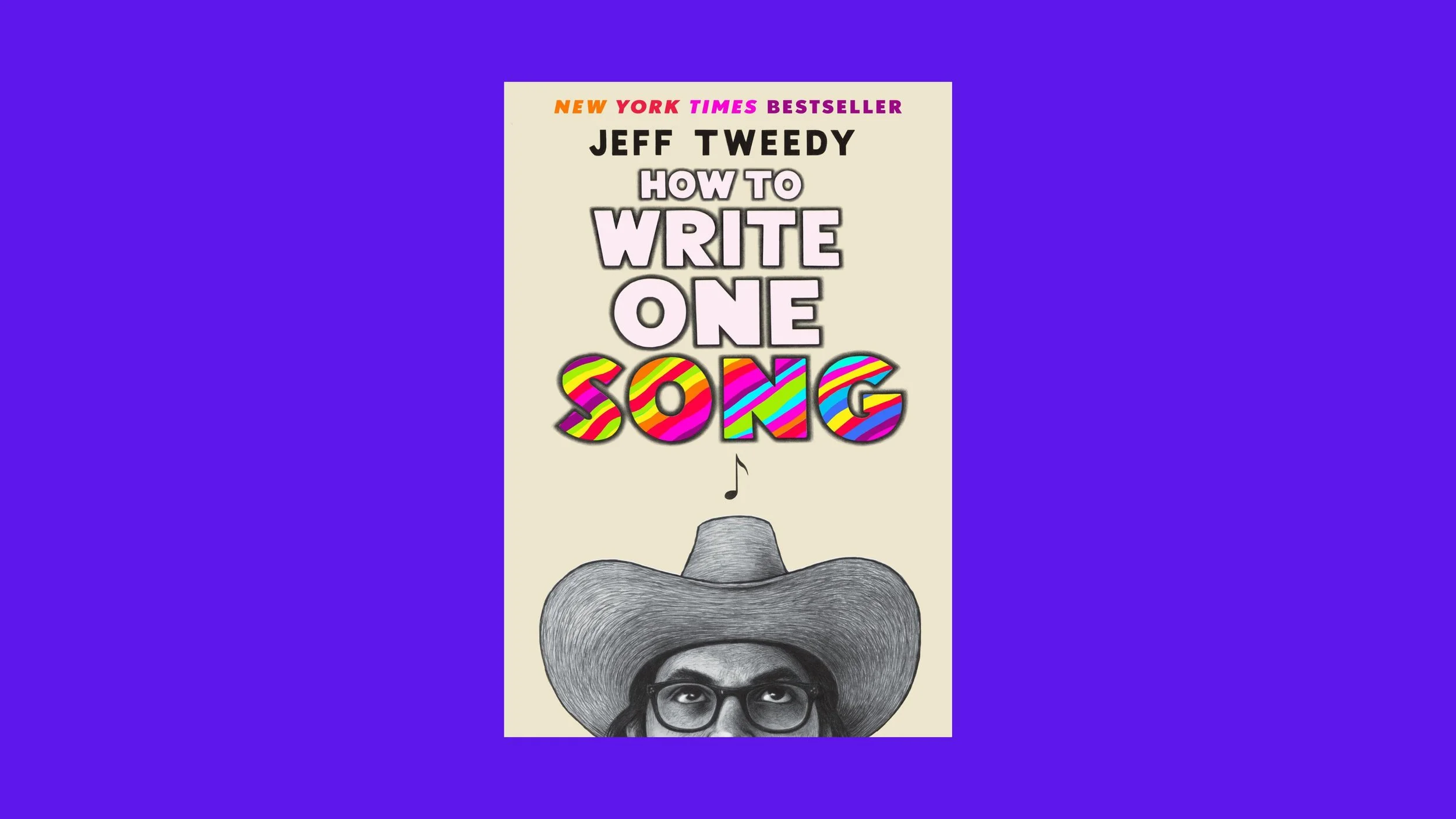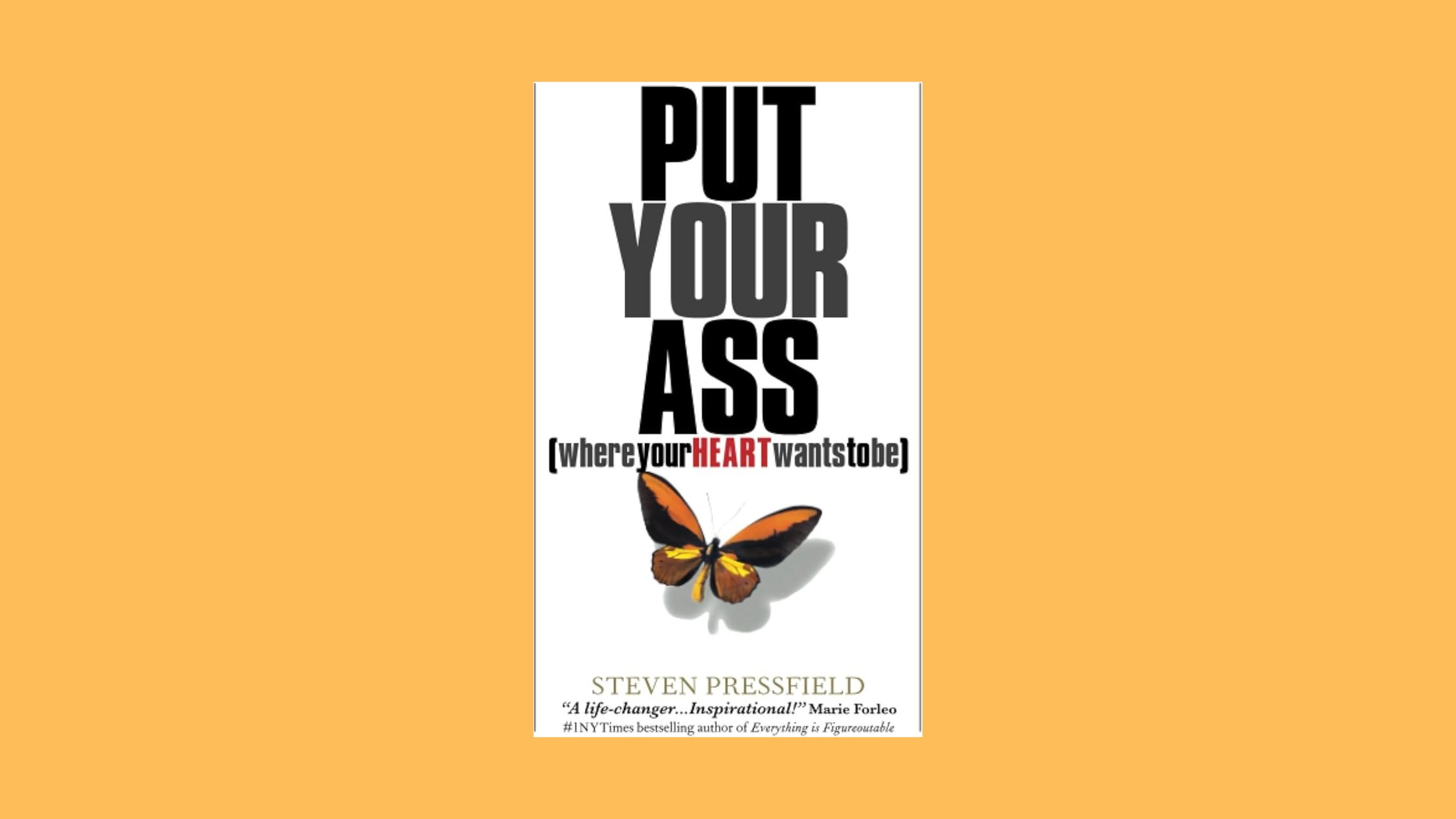10 Books That Are Better Than Rick Rubin’s The Creative Act

It seems like Rick Rubin’s book The Creative Act has been all the rage lately, with everyone from industry insiders to casual readers praising it as a must-read for creatives. Personally, I’ve been recommending non-fiction books to friends for years, and they never even glance at them—yet here they are, keeping Rubin’s opus on their nightstands like it’s a sacred tome or something. Sure, I gave it a solid read, but honestly? I think it’s a bit overrated. Don’t get me wrong—Rubin’s insights are valuable, but the book lacks the depth and actionable advice I’ve found in other works. To me, The Creative Act feels more like a collection of platitudes from someone who hasn’t quite faced the battles he’s telling you to fight. As someone who’s devoured countless books on creativity, productivity, and personal growth, I believe there are plenty of titles that offer more practical wisdom and inspiration. Below, I’ve listed a few that I think deserve a spot on your shelf if you're serious about diving deep into the creative process.
Here Are 10 books that are better than Rick Rubin's The Creative Act
Make Your Own Rules | Andrew Huang
Peak | Anders Ericsson
The Dip | Seth Godin
Anything You Want | Derek Sivers
The Little Book of Talent | Daniel Coyle
How to Be an Imperfectionist | Stephen Guise
Atomic Habits | James Clear
Creative Calling | Chase Jarvis
How to Write One Song | Jeff Tweedy
Put Your Ass Where Your Heart Wants to Be | Steven Pressfield
Disclosure: This post contains affiliate links. If you buy something through these links, I may earn a commission at no extra cost to you. As an Amazon Associate, I earn from qualifying purchases.
Make Your Own Rules | Andrew Huang
Main principles: Embrace experimentation, break free from conventional structures, and trust your creative instincts.
What It's About: Andrew Huang, a musician and content creator renowned for his innovative approach, delivers a book that’s as refreshing as it is practical. Make Your Own Rules encourages creatives to think outside the box and forge their own paths rather than follow established norms.
What I Loved: Huang demystifies the creative process, making it accessible and fun rather than daunting. His emphasis on experimentation and personal expression resonated deeply with me, reminding us that creativity thrives when we let go of rigid expectations and simply play. Read this if your an artist trying to explore the world of content creation.
Quote: "The best creations come from breaking the rules. Make your own, and see what happens."
Buy the book here
Peak | Anders Ericsson
Main principles: Deliberate practice, pushing your limits, and the science behind achieving mastery.
What It's About: Peak by Anders Ericsson explores how the world’s best achieve their exceptional skills through focused, intentional practice, debunking the myth that talent alone leads to greatness.
What I Loved: Ericsson’s breakdown of deliberate practice is eye-opening. I love how it shifts the focus away from natural talent and instead emphasized structured, purposeful practice as the key to mastering any craft. It’s not enough to take a shot, you need to go back and study why it worked… Or why it didn’t.
Quote: "The most effective way to get better is not through more practice, but through deliberate practice—doing the work that will make the biggest difference."
Buy the book here
The Dip | Seth Godin
Main principles: Knowing when to quit, pushing through tough times, and focusing on what really matters.
What It's About: Seth Godin’s The Dip teaches you when it’s smart to stick with something and when it’s time to quit, focusing on how to make strategic decisions to maximize success. Don’t start a project if you don’t think you’ll be invested enough to persevere when you hit a couple potholes down the road.
What I Loved: Godin’s approach to quitting is refreshing. I love how he reframes it as a strategic choice, encouraging us to invest our energy in the right places rather than spreading ourselves too thin. This is a must read if you’re feeling stuck in a creative endeavour, if you’re thinking of dropping everything and moving to the Bahamas, or if you’re thinking of starting something new.
Quote: "Winners quit fast, quit often, and quit without guilt—until they commit to beating the right Dip for the right reasons."
Buy the book here
Anything You Want | Derek Sivers
Main principles: Simplifying your approach, staying true to your values, and creating something meaningful.
What It's About: Derek Sivers’ Anything You Want is a manifesto for building a business and life on your own terms, based on Sivers' journey as the founder of CD Baby.
What I Loved: Sivers’ emphasis on simplicity and authenticity stood out. I loved how he shows that success doesn’t have to come from conforming to conventional wisdom—it’s about finding what works for you.
Quote: "Success comes from persistently improving and inventing, not from persistently doing what’s not working."
Buy the book here
The Little Book of Talent | Daniel Coyle
Main principles: Building skills, improving through practice, and the importance of environment in learning.
What It's About: The Little Book of Talent by Daniel Coyle offers 52 actionable tips for improving any skill, backed by research in neuroscience and psychology.
What I Loved: Coyle’s straightforward, bite-sized tips make self-improvement feel manageable. His focus on practice and environment made me rethink how I approach learning new things.
Quote: "Greatness isn’t born. It’s grown. Here’s how."
Buy the book here
How to Be an Imperfectionist | Stephen Guise
Main principles: Embracing imperfections, focusing on small habits, and reducing perfectionism.
What It's About: Stephen Guise’s How to Be an Imperfectionist argues that perfectionism is the enemy of progress, offering strategies to embrace imperfections and move forward.
What I Loved: Guise’s focus on small habits stood out to me. I love how he shows that big changes can come from letting go of perfectionism and focusing on consistent, manageable actions. Whenever I feel procrastination creeping into my life a little too much, I reread this book.
Quote: "Perfectionism is a lie. The more we believe in it, the less we accomplish."
Buy the book here
Atomic Habits | James Clear
Main principles: The power of small habits, the science of habit formation, and the importance of environment.
What It's About: Atomic Habits by James Clear is a comprehensive guide to habit formation, breaking down the science behind building good habits and breaking bad ones.
What I Loved: James Clear simplifies habit-building into small, actionable steps. His focus on environment and systems over sheer willpower made the idea of lasting change more practical. I like to pick up this book whenever I’m feeling lazy, I read a few pages and I feel instantly motivated.
Quote: "You do not rise to the level of your goals. You fall to the level of your systems."
Buy the book here
Creative Calling | Chase Jarvis
Main principles: Embracing creativity, building a creative practice, and the importance of community.
What It's About: In Creative Calling, Chase Jarvis emphasizes the importance of making creativity a daily practice and building a community around your creative work.
What I Loved: Jarvis breaks down creativity as something accessible to everyone, not just artists. His emphasis on the importance of community and routine in nurturing creativity was inspiring.
Quote: "Creativity isn’t a talent—it’s a habit. And the best way to get better at it is to do it every day."
Buy the book here
How to Write One Song | Jeff Tweedy
Main principles: The creative process of songwriting, finding inspiration, and the joy of making music.
What It's About: How to Write One Song by Jeff Tweedy is a playful guide to the songwriting process, offering insights into creativity and the joy of focusing on one song at a time.
What I Loved: Tweedy’s emphasis on the joy of the creative process itself is incredibly inspiring. His approachable advice reminded me that the act of creation can be just as satisfying as the end result. Writing a song isn’t like building a house, it’s more like making a brick. When you’ll have thousands of bricks, that’ll make a pretty cool house.
Quote: "The challenge isn’t in writing 10 or 100 songs; it’s in writing one song—one that matters."
Buy the book here
Put Your Ass Where Your Heart Wants to Be | Steven Pressfield
Main principles: The importance of commitment, overcoming resistance, and following your passion.
What It's About: Steven Pressfield’s Put Your Ass Where Your Heart Wants to Be is a direct guide to pursuing your passion, emphasizing the importance of showing up and doing the work no matter what.
What I Loved: I absolutely love Steven’s straightforward, no-excuses tone in his books. His message of showing up every day and committing to the work you love really hit home for me. You should be where you want to be, so go there now.
Quote: "The hardest part isn’t doing the work. It’s starting the work."
Buy the book here
If You Don’t Like These Books…
If none of these books resonate with your experience, maybe The Creative Act: A Way of Being by Rick Rubin is the book for you after all.
I’ll admit I’ve been a bit harsh with “Rick Rubin: the Author”, but I’m still a fan of “Rick Rubin: the Record Producer”—especially his early stuff. Sure, “Rick Rubin: the Media Mogul” can be a little annoying at times, but I still enjoy his podcasts and interviews.
If you liked his book, you might also want to check out his many appearances in films and documentaries over the past four decades. Artists love to hear themselves talk about art, but I’d much rather get inspired by watching them in action. Type his name in YouTube and see what comes up.
Just in case though, here are a few takeaways worth remembering from The Creative Act:
Creativity as a State of Being: Creativity is a way of perceiving the world, accessible to everyone, not just those with specific talents.
Presence: Being fully present unlocks deeper creativity, allowing ideas to flow more naturally without distractions.
Embrace Imperfection: Imperfections add character to creative work; striving for perfection can hinder the process.
Trust Intuition: Rely on gut feelings and instincts to guide your creative decisions for more authentic results.
Patience: Let ideas develop over time; rushing can prevent deeper insights.
Silence and Solitude: Disconnecting from noise and distractions fosters a stronger connection to your creative voice.
Creative Collaboration: Working with others brings new perspectives and challenges that can enhance creativity.
Process Over Product: Value the creative journey itself, as it’s where true magic happens.
Curiosity: Stay curious and open to learning to keep your creative spirit alive.
Art as Self-Reflection: Your art is an extension of who you are; authenticity in your work resonates more with others.
Buy the book here
Updated: December 2025
Disclosure: This post contains affiliate links. If you buy something through these links, I may earn a commission at no extra cost to you. As an Amazon Associate, I earn from qualifying purchases.

